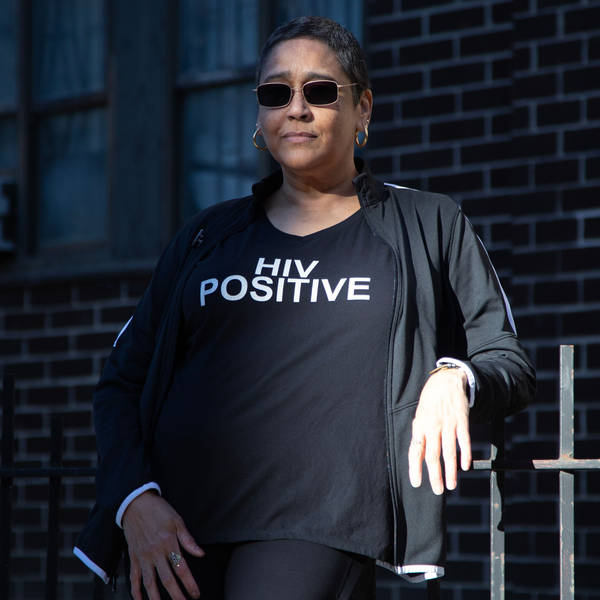
Mourning in America
Valerie Reyes-Jimenez called it “The Monster.” That’s how some people described HIV and AIDS in the 1980s. Valerie thinks as many as 75 people from her block on New York City’s Lower East Side died. They were succumbing to an illness that was not recognized as the same virus that was killing young, white, gay men just across town in the West Village.
At the same time, in Washington, D.C., Gil Gerald, a Black LGBTQ+ activist, saw his own friends and colleagues begin to disappear, dying out of sight and largely ignored by the wider world.
In our first episode of Blindspot: The Plague in the Shadows, we learn how HIV and AIDS was misunderstood from the start — and how this would shape the reactions of governments, the medical establishment and numerous communities for years to come.
Voices in the episode include:
• Valerie Reyes-Jimenez is an HIV-positive woman, activist, and organizer with Housing Works. She saw the AIDS crisis develop from a nameless monster into a pandemic from her home on New York City’s Lower East Side.
• Dr. Larry Altman was one of the first full-fledged medical doctors to work as a daily newspaper reporter. He started at The New York Times in 1969.
• Dr. Anthony Fauci was director of the National Institutes of Health’s National Institute of Allergy and Infectious Disease from 1984 to 2022. Known most recently for his work on Covid-19, Dr. Fauci was also a leading figure in the fight against HIV and AIDS.
• Gil Gerald is a Black HIV and AIDS activist and writer, who co-founded the National Coalition of Black Lesbians and Gays.
• Phill Wilson is the founder of the Black AIDS Institute, AIDS policy director for the city of Los Angeles at the height of the epidemic, and a celebrated AIDS activist in both the LGBTQ+ and Black communities since the early 1980s.
• Dr. Margaret Heagarty ran the pediatrics department of Harlem Hospital Center for 22 years. She died in December 2022.
Blindspot is a co-production of The HISTORY® Channel and WNYC Studios, in collaboration with The Nation Magazine.
A companion photography exhibit by Kia LaBeija featuring portraits from the series is on view through March 11 at The Greene Space at WNYC. Photography by Kia LaBeija is supported in part by the Economic Hardship Reporting Project.